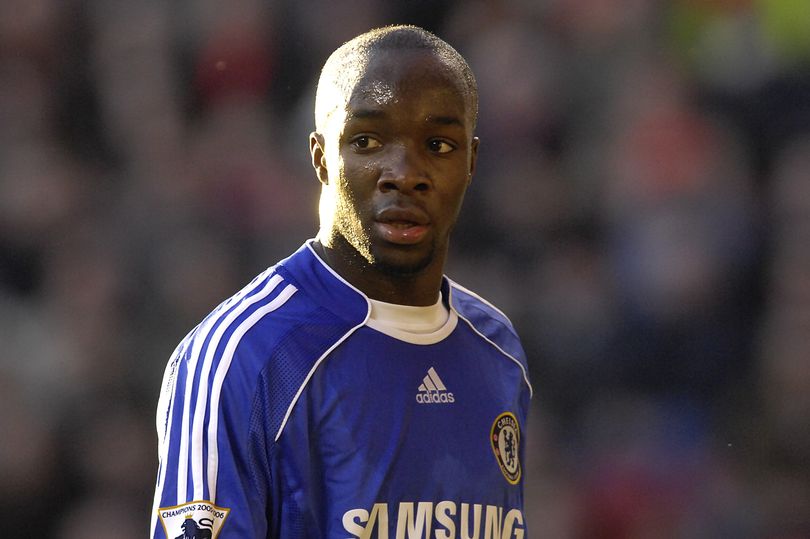
Former Premier League midfielder Lassana Diarra is challenging the legality of FIFA’s rules governing player contracts, with the European Court of Justice advised they may be contrary to European Union law.
Former Chelsea and Arsenal midfielder Lassana Diarra’s legal challenge has found that FIFA’s rules governing player contracts may go against EU law.
Diarra is suing FIFA and the Belgian football federation for six million euros (£5.13m), arguing that a move to Belgian club Charleroi collapsed because the club was concerned about being liable under the rules for costs associated to the termination of his contract with his former club Lokomotiv Moscow. The Belgian courts referred the matter to the ECJ and the Advocate General in the case, Maciej Szpunar, has found the rules may be contrary to EU law, according to an ECJ press release issued on Tuesday.
Szpunar found the rules were “of a restrictive nature”, the court press statement said, “and may only be justified in specific circumstances”. He also said there could be “no doubt” as to the restrictive nature of the rules with regard to freedom of movement.
These provisions are such as to discourage and dissuade clubs from hiring the player for fear of financial risk,” the court statement read. “The sporting sanctions faced by clubs hiring the player can effectively prevent a player from exercising his or her profession with a club located in another member state.
Szpunar also found that the rules “affect competition between clubs” by limiting clubs’ ability to recruit players. He believed that the rules could only be justified if it was shown that only clubs who expressly cause or entice a player to terminate an existing contract are deemed liable.
The AG opinion is not legally binding and a judgement will be given at a later date. FIFA has been contacted for comment.
After a trial with Chelsea, Diarra didn’t really make a great impact with the Blues and was eventually sold to Arsenal. He was also asked to play in several different positions and never really got to fully show what he could do.

